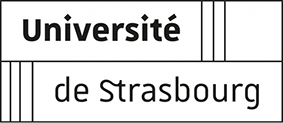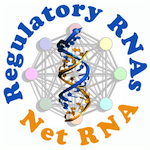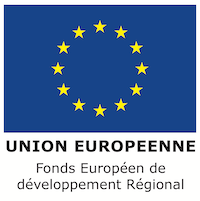The chloroplast has a pivotal role in the regulation of plant cell homeostasis as it senses light via its photosynthetic apparatus and produces many metabolites that are essential for the cell. Chloroplast biogenesis and function rely on the coordinated expression of both, the chloroplast genome with endosymbiotic origin and the nuclear genome. The regulation of the expression of the chloroplast genome is particularly important for the plant acclimation to environmental and developmental changes. In chloroplasts, gene expression at the posttranscriptional level is particularly complex and requires the participation of many nuclear-encoded RNA binding proteins that virtually control any RNA-related step in chloroplast gene expression. However, only a small fraction of these RNA binding proteins have been identified and functionally characterized.
Our research team combines reverse genetics in Arabidopsis and maize with the biochemistry of RNA/protein complexes to identify these proteins and elucidate their molecular function. In addition, we aim at understanding how these nuclear-encoded RNA binding proteins contribute to the chloroplast genetic acclimation to their environment by identifying signal transducing pathways that regulate their intrinsic activity, in vivo.




















